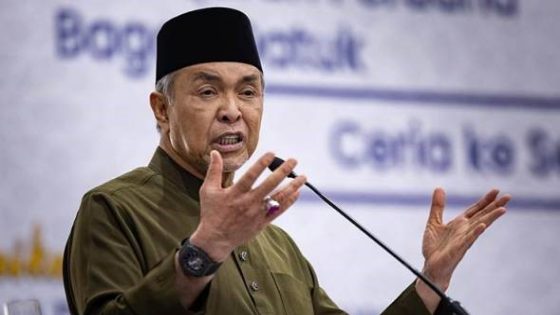The Comptroller-General of the Ghana Immigration Service, Kwame Asuah Takyi, is calling for an investigation into the purchase of 20 buses. On February 26, 2025, he urged Interior Minister Muntaka Mohammed-Mubarak to look into allegations of corruption surrounding this procurement. Why is this significant for the integrity of the Ghana Immigration Service?
- Kwame Asuah Takyi requests investigation into bus purchase.
- Allegations against him from service officers.
- Appeal to Minister Muntaka Mohammed-Mubarak.
- Concerns over integrity and character attacks.
- Urgency for investigation before leaving office.
- Video coverage of his remarks available.
Ghana Immigration Service Faces Scrutiny Over Bus Procurement Allegations
Why are allegations of corruption so damaging? The request for an investigation highlights the importance of transparency in government dealings. Takyi’s appeal to the Interior Minister aims to clear his name and restore trust within the service.
Details of the Investigation Request by the Comptroller-General
Takyi’s plea for an investigation stems from claims made by some officers within the Ghana Immigration Service. He believes these allegations are unfounded and aimed at damaging his reputation. Here are key points regarding the situation:
- Takyi has been accused of bad faith in the bus purchase.
- He seeks an independent body to investigate the claims.
- The buses were intended to improve officer welfare.
- Takyi emphasizes the need for prompt action before his departure.
Understanding the Implications of Corruption Allegations in Ghana
Corruption allegations can have far-reaching effects on governance. They can erode public trust and hinder effective administration. In Ghana, the integrity of the Immigration Service is crucial for national security and public confidence. How can the government ensure accountability and transparency in its operations?
How This Investigation Could Impact the Ghana Immigration Service
The outcome of this investigation could set a precedent for future procurement processes within the Ghana Immigration Service. If found guilty, it could lead to significant reforms. Conversely, a clean bill of health could restore faith in the service’s leadership. What steps can be taken to prevent similar allegations in the future?
In conclusion, the call for an investigation by Kwame Asuah Takyi is a crucial step toward ensuring transparency and accountability in the Ghana Immigration Service. As the situation unfolds, it will be interesting to see how it impacts the agency and public trust moving forward.

































